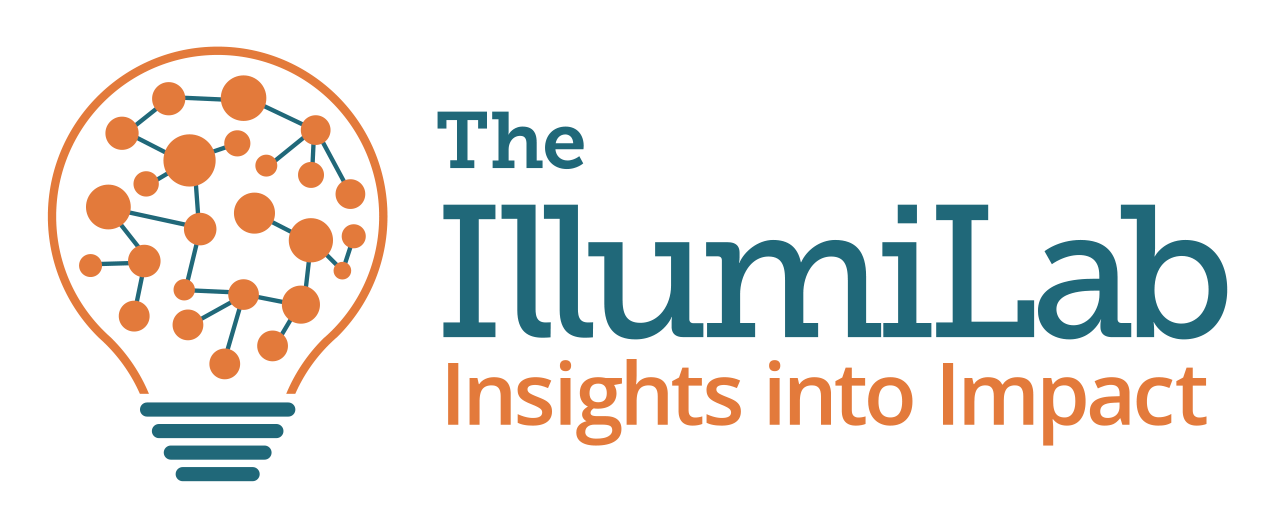3 Reasons Not to Design a Survey
I love surveys. I love designing them and completing them. Ever since I was a kid, I’ve filled out satisfaction and feedback surveys every time I’ve been asked. My love of surveys has won/earned me free meals and theater tickets, and discounts or refunds on all kinds of products and services. I love surveys! I’ve[…]







